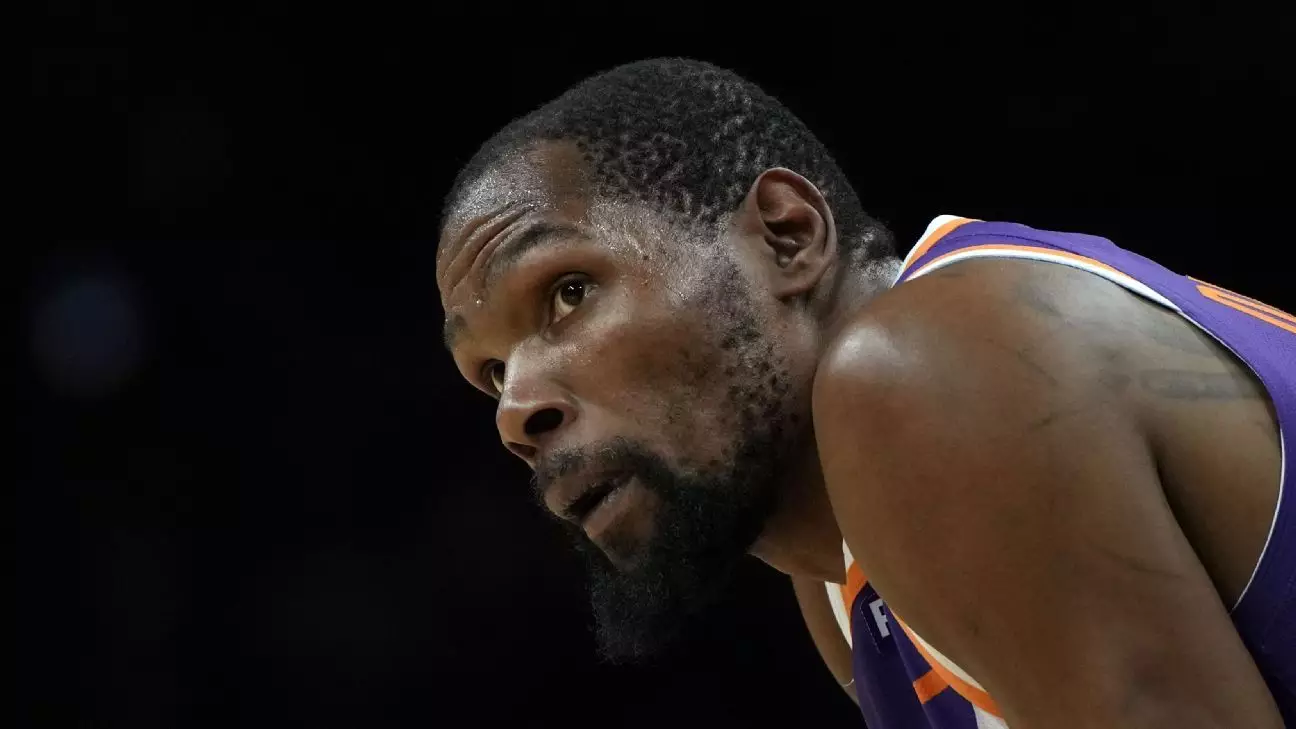The recent NBA trade saga, culminating in the unprecedented seven-team mega-deal, exposes the league’s relentless pursuit of spectacle over substance. While on paper it appears as a display of strategic prowess, beneath the glossy veneer lies a disturbing trend: an erosion of competitive fairness fueled by unchecked corporate greed. The intricate web of exchanges involving stars, draft picks, and cash considerations signals a cynical prioritization of short-term marketability over sustainable team-building. The league’s heavy reliance on blockbuster trades diminishes the essence of consistency and patience that once characterized NBA excellence, replacing it instead with a spectacle-driven churn that favors established stars and wealthy franchises.
The narrative that these high-profile moves elevate the sport’s excitement is flawed. True competition isn’t about stitched-together superteams, but about developing players, fostering chemistry, and maintaining integrity within the league’s structure. Yet, the recent deal—marked by a convoluted exchange involving Phoenix, Houston, Brooklyn, and others—illustrates a departure from these ideals. Instead of nurturing organic growth, the league’s ecosystem now seems designed to chase headlines, risking the long-term health of teams and the league’s credibility.
The Illusion of Player Autonomy and the Power of Ownership
Kevin Durant’s recent swap from Phoenix to Houston underscores a disturbing shift in the organization of player autonomy. Once viewed as independent athletes, today’s stars are increasingly pawns in a vast, profit-oriented machine that prioritizes spectacle over individual agency. Durant’s public reflections on his experiences with Phoenix reveal a nuanced understanding of the emotional toll of such transient alliances. Yet, his words also subtly underscore an acceptance—a resignation—that players are often only as free as ownership allows them to be.
The real power resides with franchise owners and league executives wielding multi-million dollar interests. These entities cascade their influence through draft picks and salary manipulations, often disregarding the human element—players’ aspirations, community ties, and mental well-being. The recent multi-team trade exemplifies this, as star players become commodities in a game of financial and strategic chess. The entire process reinforces a centralist power structure where player movement is dictated not by personal goals, but by leverage, market potential, and profit margins.
The Hidden Costs of Mastering the Art of Short-Term Window Dressing
While these sprawling trades promise fans excitement and media buzz, they mask a fundamental decline in the league’s strategic depth. Teams now chase elusive championships by stacking rosters through expensive trades and draft manipulations, often sacrificing long-term stability. The Rockets, by acquiring Durant through a labyrinthine transaction, exemplify this trend—an organization seemingly more interested in immediate relevance than in building a cohesive, sustainable team identity.
This quest for fleeting glory comes at a cost. It devalues the importance of developing young talent, fostering teamwork, and upholding integrity within the sport’s fabric. Moreover, the emphasis on superteam creation exacerbates disparities between franchises, undermining the league’s competitive balance and alienating dedicated fans who crave authentic storytelling—heroes emerging from perseverance, not transactional clout. When the league becomes dominated by franchises that continually reshuffle their rosters with high-profile stars, it risks alienating those who cherish the game’s foundational principles.
An Urgent Call for a Reflective and Ethical Future
Amidst the spectacle of giant trades and record-breaking picks, there is an urgent need for the NBA to recalibrate its priorities. The league must recognize that its strength lies not in the number of stars it assembles at the expense of sustainability but in fostering genuine growth and parity. The ongoing obsession with headline-grabbing transactions threatens to diminish the authenticity of the game—reducing players to assets and fans to mere spectators of a heavily orchestrated entertainment product.
True leadership calls for transparency, responsible management, and a commitment to preserving the integrity of competition. The league’s governing bodies should scrutinize the economic incentives fueling these titanic trades, ensuring that the pursuit of profit doesn’t eclipse the fundamental values of sport. The NBA’s future hinges on its ability to prioritize character, community, and continuity—values that have historically defined its identity but are now at risk of being overshadowed by a relentless pursuit of the next big splash.


Leave a Reply